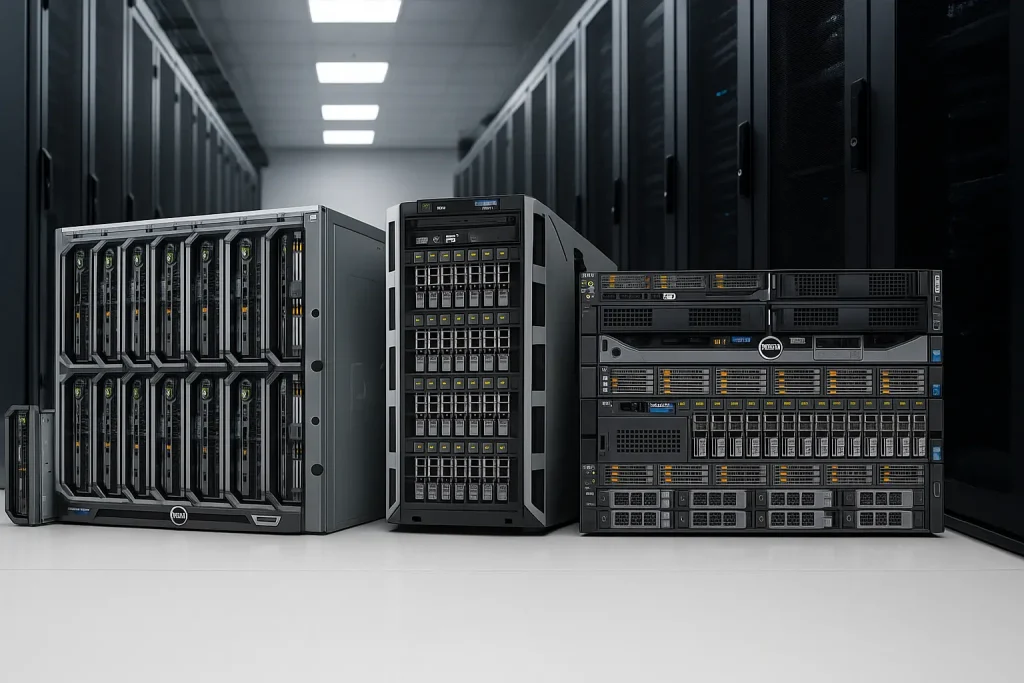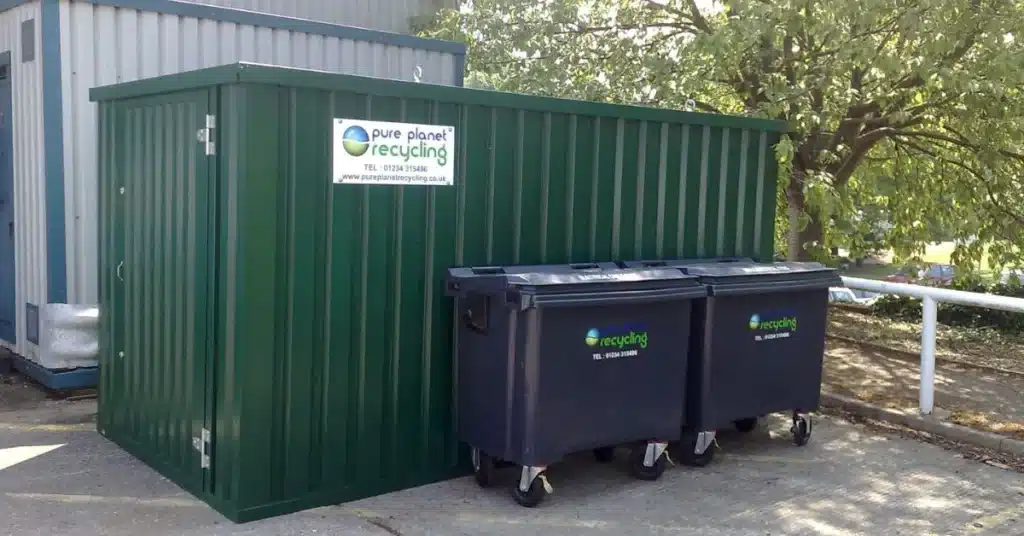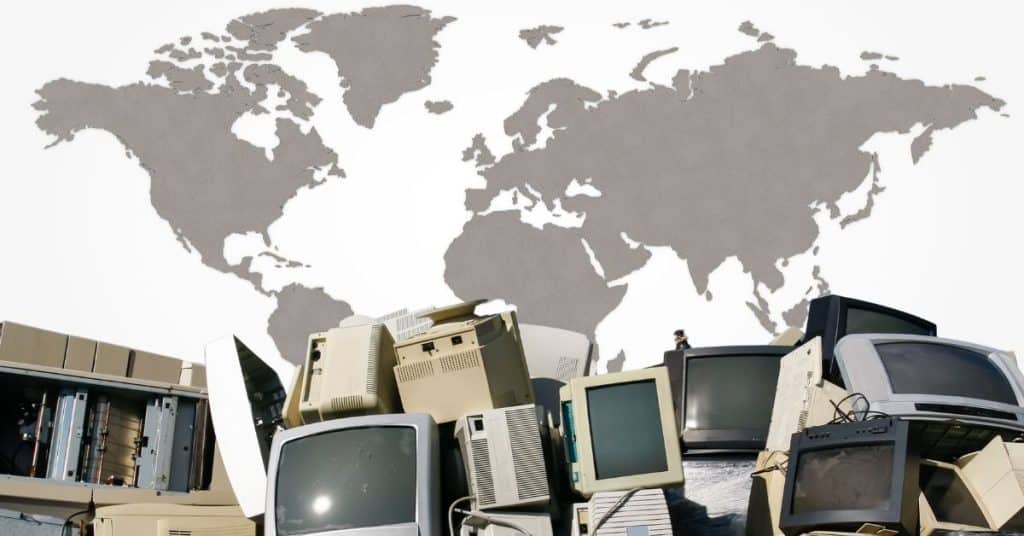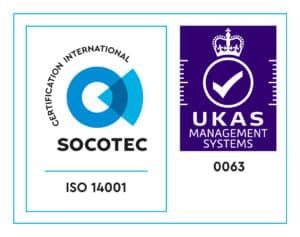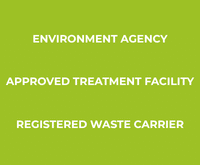Every October, organisations around the world mark International E-Waste Day. It’s a moment to pause and think about the mountains of unwanted electronics we produce and what happens to them next.
This year’s theme, “Critical Raw Materials,” shines a light on something often overlooked. The valuable resources hiding inside our old devices.
At Pure Planet Recycling, we see the impact of e-waste every day. The message behind this year’s campaign couldn’t be clearer: it’s time to take e-waste seriously.
What Is International E-Waste Day?
Launched in 2018 by the WEEE Forum, International E-Waste Day raises awareness of the growing problem of electronic waste. It’s supported by recyclers, manufacturers, and governments in more than 100 countries.
The goal is simple, to encourage better collection, reuse, and recycling of electrical items.
Globally, more than 60 million tonnes of e-waste are produced every year. Less than 25% is collected and properly recycled. The rest often ends up in landfill, incinerated, or shipped abroad.
In addition, each year’s theme highlights a key challenge or opportunity in the sector. Helping businesses and individuals focus on positive change.
Why E-Waste Matters More Than Ever
E-waste is now the fastest-growing waste stream in the world.
From smartphones and laptops to servers and TVs, electronic equipment surrounds us. Yet when it breaks or becomes outdated, it’s often thrown away instead of recycled.
Each device contains recoverable materials like gold, copper, aluminium, and rare earth elements. When recycled properly, these can be extracted and reused. In contrast, when not recycled, they’re lost forever.
The UK is one of the largest producers of e-waste per person in Europe. That makes our recycling choices even more important. Furthermore, poor handling brings environmental risks. Hazardous materials such as lead, mercury, and brominated plastics can harm soil, water and human health.
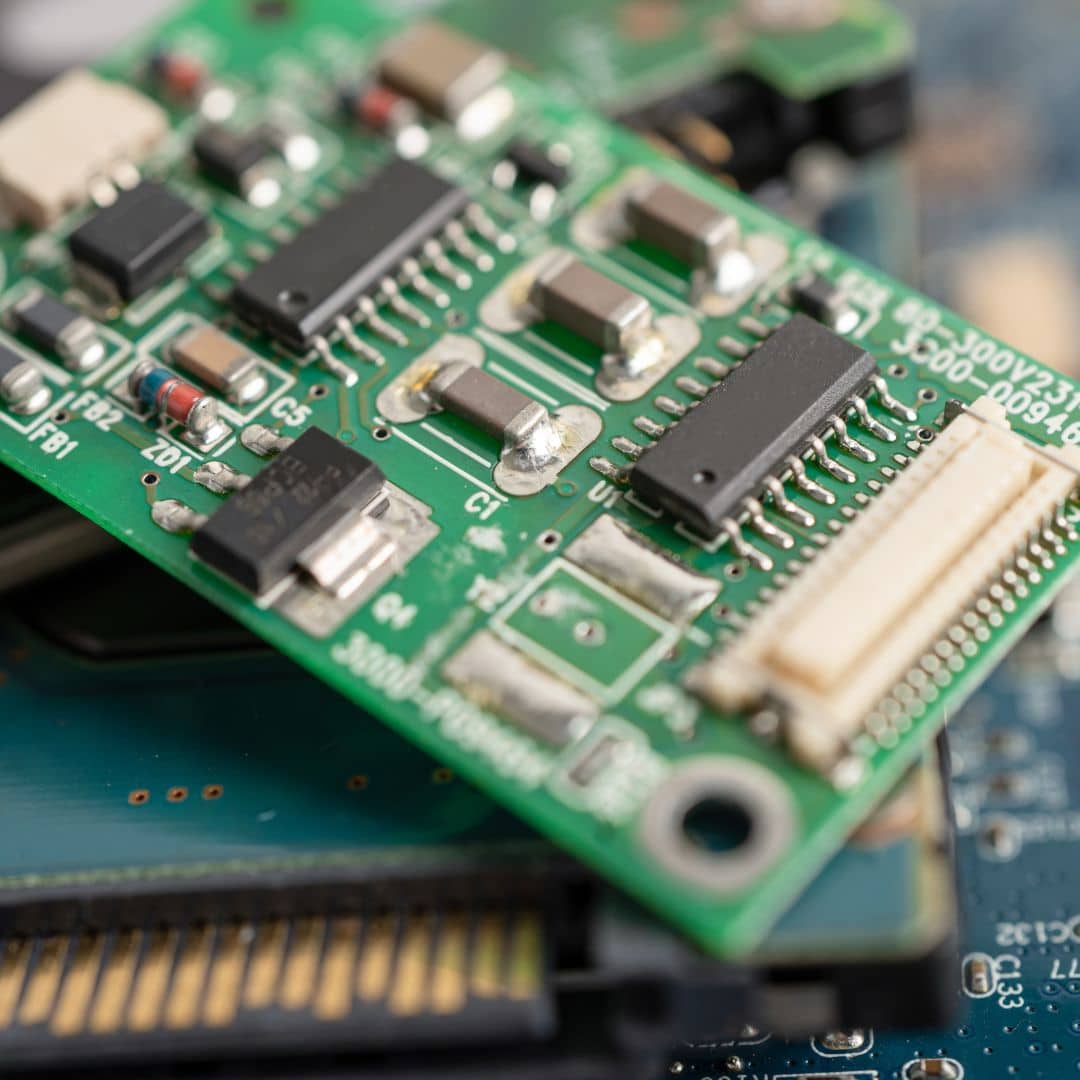
The 2025 Focus: Recovering Critical Raw Materials
This year’s campaign focuses on Critical Raw Materials (CRMs). These are essential metals used in batteries, renewable energy, and electronics.
Materials like lithium, cobalt, nickel and neodymium are vital for the green transition. But they’re in short supply and often mined in regions facing political instability or environmental damage.
As a result, recovering these materials from e-waste reduces the need for mining and lowers carbon emissions. It also helps countries like the UK build more secure and sustainable supply chains.
At a time when demand for electric vehicles, renewable energy storage and tech devices is rising sharply, CRM recovery isn’t just smart, it’s essential.
What the UK Can Do Better
The UK already has strict WEEE regulations in place. However, there’s still work to do.
Many small electricals, from cables to hairdryers, still end up in general waste. Collection rates remain below government targets.
Recent policy changes aim to fix this. Producer Responsibility reforms will soon make online marketplaces such as Amazon and eBay contribute to recycling costs. The move helps level the playing field between UK and overseas sellers.
Furthermore, businesses play a vital role. Working with licensed recycling providers ensures e-waste is handled safely and in full compliance with the law.
How Businesses Can Help Right Now
Here are simple steps every organisation can take:
- Audit your old equipment. Identify redundant IT or electrical items gathering dust in storage rooms.
- Segregate WEEE. Keep electrical waste separate from general waste streams.
- Use a licensed recycler. Always choose an Authorised Treatment Facility (ATF) like Pure Planet Recycling.
- Request documentation. Ask for a Duty of Care Waste Transfer Note and a Certificate of Destruction for data-bearing items.
- Encourage staff involvement. Promote responsible disposal at work and at home.
Ultimately, taking these small steps ensures compliance, boosts sustainability credentials, and protects your organisation’s data and reputation.
How Pure Planet Recycling Supports Responsible E-Waste Recycling
At Pure Planet Recycling, we’ve been managing WEEE recycling since 2007. Our team collects electrical waste from businesses, councils, schools and universities across mainland England.
We handle everything in-house using trained staff, dedicated vehicles and our own treatment facility.
Data security is central to what we do. All hard drives and storage devices are removed, scanned, and shredded using our industrial media shredder. We then issue a Certificate of Destruction detailing each item destroyed.
In addition, any reusable equipment is tested and repurposed. Items beyond repair are dismantled so materials like metals, plastics and glass can be recovered and reprocessed.
Our site is fully licensed by the Environment Agency as an Authorised Treatment Facility. Giving customers complete peace of mind.
Turning Awareness Into Action
International E-Waste Day 2025 isn’t just about awareness; it’s about action.
By recycling electronics responsibly, we recover critical materials, reduce carbon emissions, and protect the planet’s finite resources.
Whether you’re a small business with a handful of PCs or a large organisation with bulk IT equipment. Pure Planet Recycling makes the process simple, secure and compliant.
Let’s turn old tech into new opportunities.

